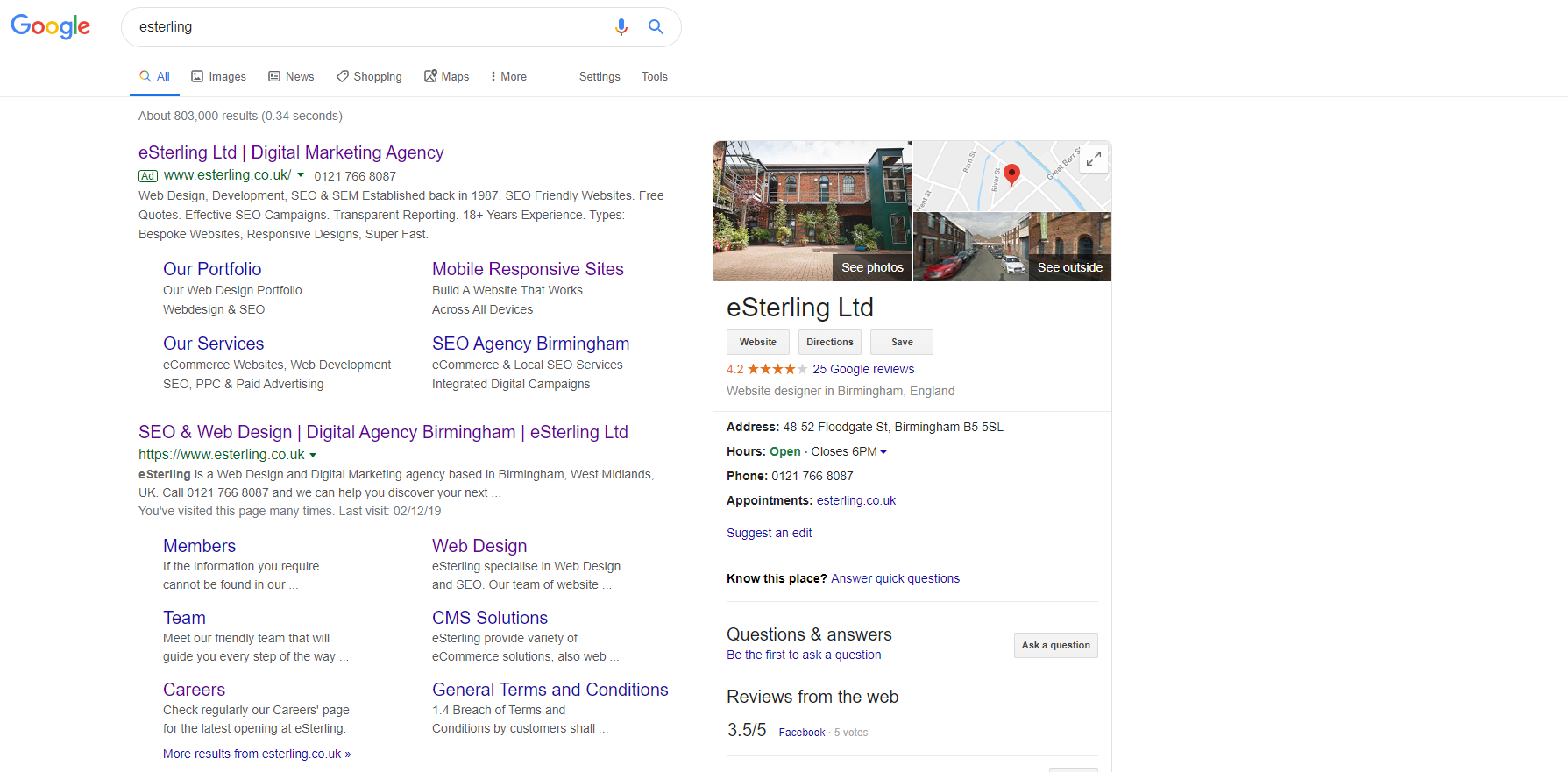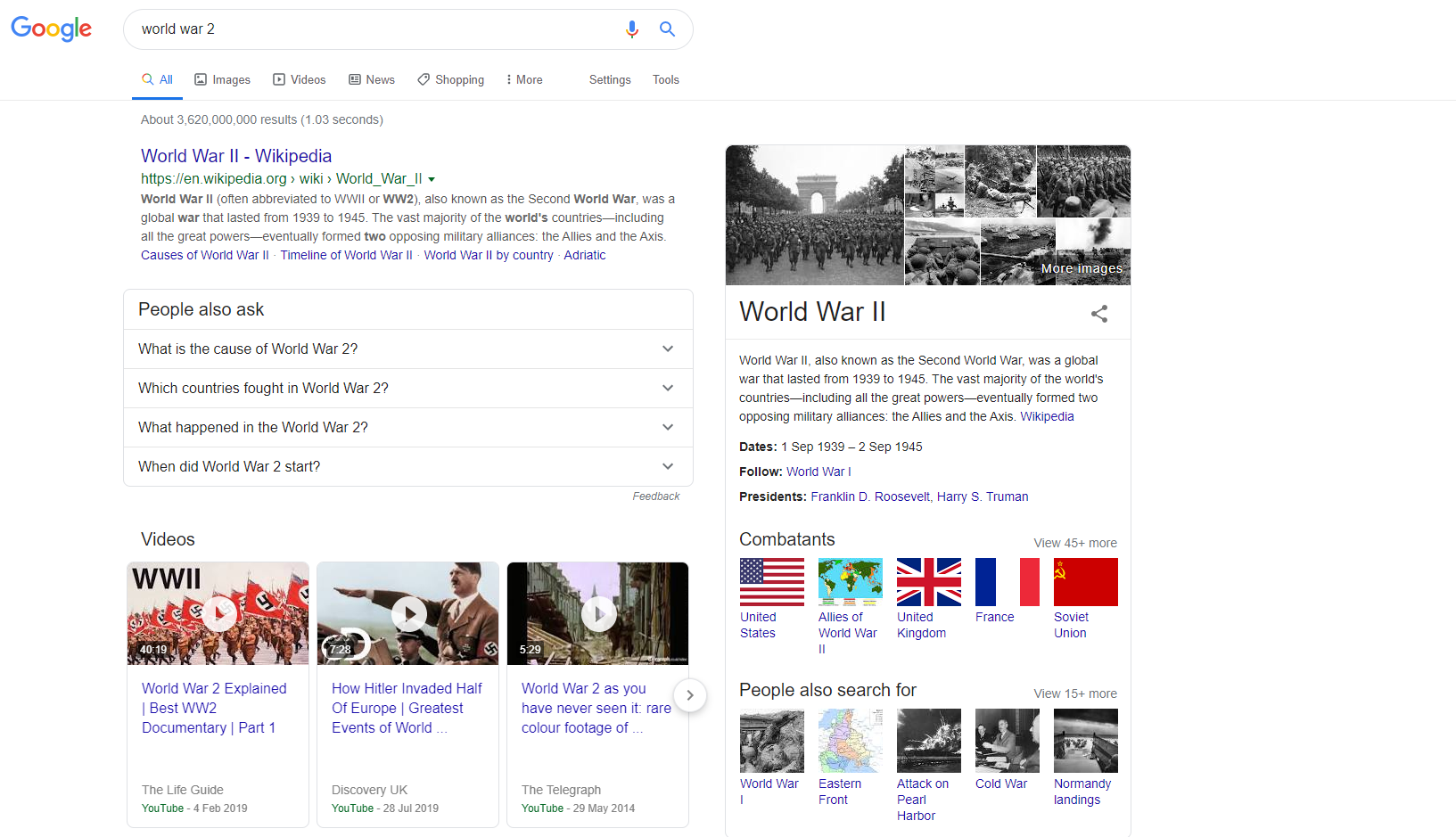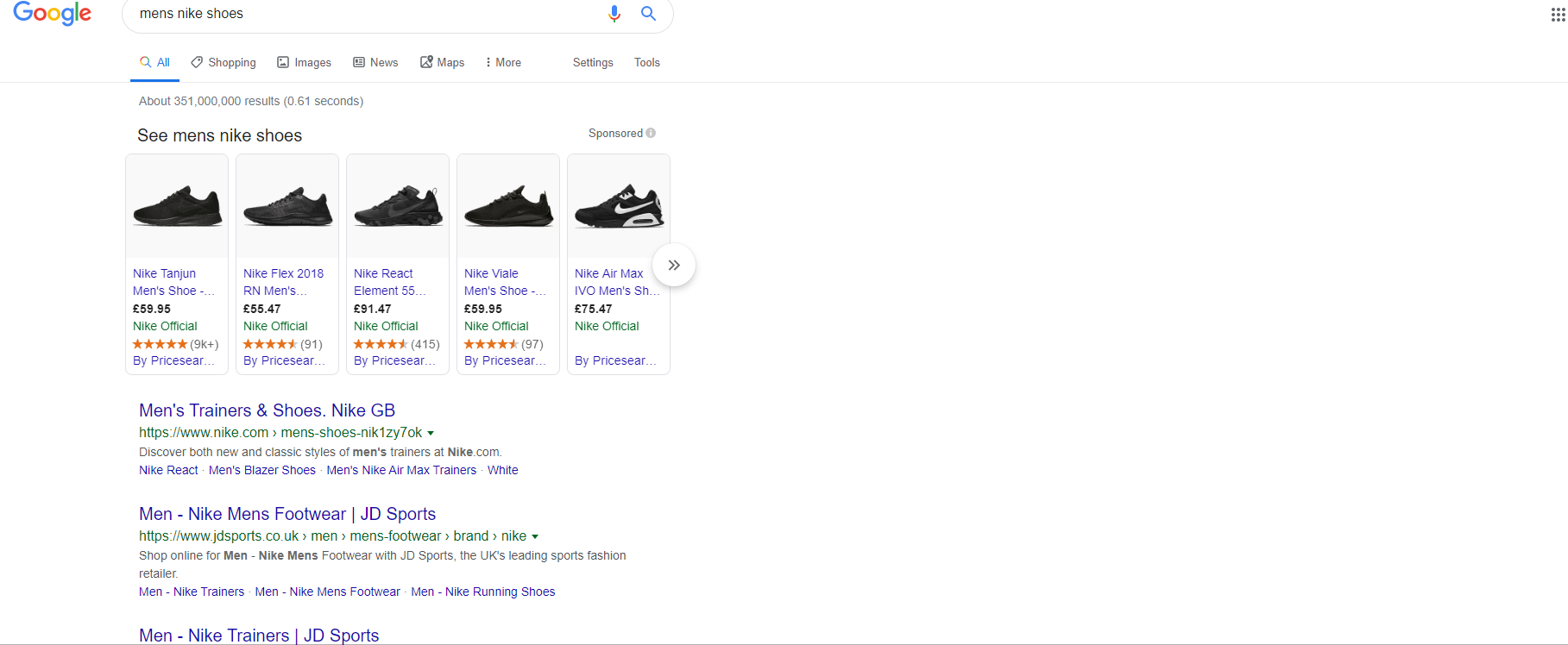Researching keywords is one of the most important parts of search engine optimisation. Ensuring you are targeting and tracking the right keywords makes sure that your site is bringing in the most relevant traffic possible.
On the surface, selecting the right keywords might seem simple. If your website sells shoes, surely it should be as easy as optimising your website around the keyword “shoes”? Unfortunately, keyword research is much more complicated. You will need to consider not only relevance but also search volume, competitiveness, user intent, keyword types and more.
Here’s a starting guide for choosing the best SEO keywords.
What are SEO keywords?
Keywords (sometimes known as search terms or key phrases) are words and phrases that users enter into a search engine to return a set of results.
SEOs use keywords to define web pages and help target content to the largest and most relevant audience possible.
By understanding the keywords that users are using to find the products and services you offer, you can make sure your website is optimised fully to capture as much relevant search traffic as possible.
Here’s what to consider when carrying out keyword research.
Search Volume
Search volume is the total number of searches for a given keyword. For instance, according to the latest data the keyword “star wars” gets 246,000 searches a month in the UK.
Understanding what people actually search is an important part of finding the ideal keywords for SEO.
Obviously, it is important to target keywords with the highest search volume possible. However, you need to ensure that you aren’t just targeting keywords just for the sake of high search volume as higher search volume keywords can often have ambiguous intent.
For example, if you have an eCommerce site that sells running shoes designed for gym and exercise use, tracking and targeting the keyword “shoes” would not be worthwhile. Although it has a high search volume, this keyword is too general and may draw users who’s search intent doesn’t match the specific content your page provides.
Relevance
Relevant traffic will come from users that are looking for the exact information or product your website is providing. Although a keyword may have high search volume and low competition, it’s not worth targeting unless it actually matches the content your website is offering as it won’t bring in useful traffic.
Keyword Intent
Understanding why a user is making a search is vital for SEO – are they looking for a specific product? Do they just need some information on an event? Are they looking for contact details?
There are three types of searches:
Navigational
The intent is to reach a particular website or brand. Navigational searches could be terms such as “amazon” or “nike running shoes”.
Informational
Informational searches are when users are looking for guidance, background information, or specific information about a topic or product without having any concrete intention to purchase or any wish to seek out a specific page
Transactional
Search requests that indicate a clear intention to purchase are regarded as transactional queries.
Through machine learning, Google attempts to understand the intent of searches and returns results that are the closest match to this intent. This means by looking at what results are returned when making a search you can get an idea of what a user intentions are when searching certain keywords
This is important when choosing keywords – If you are targeting keywords that return mainly informational results and your site is an eCommerce site, it may be worth looking at other keywords that return transactional results.
Competitors
It’s important to consider what competitors are appearing for the keywords you are targeting. If the first page of Google is dominated by Amazon, eBay or equally as large companies, it may be difficult to outrank these sites. This isn’t to say it’s impossible but, especially in the early days of an SEO campaign, it may be better to focus efforts on less competitive keywords. Researching similar sized competitors and seeing what keywords generate organic traffic for them that you don’t rank for is a great starting point for keyword research.
If you are still having trouble choosing the best SEO keywords, contact eSterling now. As part of our SEO services, we use industry leading tools to uncover exactly what you need to target to bring in the most traffic possible,
Give us a call on 0121 766 8087 to discuss how we can help your website reach more people.




